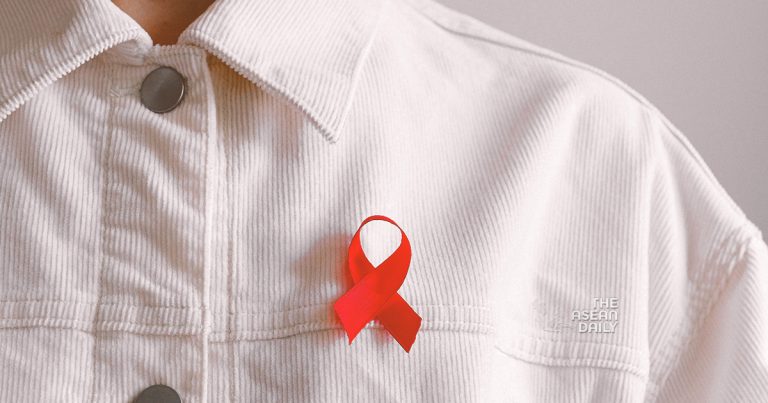27-12-2023 (SINGAPORE) Singapore’s law requiring people living with HIV to inform their sexual partners of their HIV status before intercourse or face potential jail time is currently under review, the Ministry of Health (MOH) has announced.
This comes as studies have demonstrated that individuals with HIV who adhere to treatment and maintain an undetectable viral load have a negligible risk of transmitting the virus to partners. The review signifies the law, enacted in 1992 and strengthened in 2008, may be revised given such scientific advancements.
Under the Infectious Diseases Act (IDA), those diagnosed with HIV must disclose their status to sexual partners prior to sex, allowing partners to make informed decisions on safeguards. Failure to do so carries a maximum 10-year jail sentence, up from 2 years prior to 2008 amendments. The enhanced penalties were intended to compel responsibility and deter concealment of one’s status.
However, advocacy organizations and infectious disease experts now argue the law could hinder public health objectives. They cite the availability of pre-exposure prophylaxis (PrEP) and the proper use of barrier protection as means for individuals to reduce HIV risk during sex, regardless of a partner’s status. Responsibility for sexual health, they say, should be a shared duty.
Critics also warn the law discourages HIV testing and transparency, as some adopt a “don’t know, don’t tell” mentality to avoid mandatory disclosure. A recent study of people living with HIV in Singapore found participants felt the law deterred testing. As such, revising the disclosure requirement may better align with Singapore’s public health policies around HIV awareness and prevention.
The MOH stated the current law provides individuals choice and protection, allowing partners to decide on precautions when made aware of HIV risk. However, the ministry confirmed the IDA is under review following Singapore’s white paper on its COVID-19 response, indicating the law could be updated to reflect latest medical evidence on HIV transmission risks and align with evolving policy objectives.
While emphasizing that condoms remain imperative for HIV prevention, the ministry noted sustained undetectable viral loads clinically minimize transmission risks during sex. This has opened discussions on whether compelled disclosure should continue as standard practice.
Any eventual revisions would mark a major shift for a law strengthened in 2008 precisely to mandate disclosures. Singapore continues working to contain HIV, with over 9,300 diagnosed since 1985 and nearly 7,000 living with the infection today. Early signs point to a potential resurgence, with new cases 10% higher in the first 10 months of 2022 compared to 2021.
Debate around the law encapsulates the difficulties of balancing public health, civil liberties, and criminal penalties – issues Singapore grappled with during COVID-19 as well. For a country that has long favored stringent measures to regulate infectious diseases, revising the disclosure requirement would represent a significant recalibration. But with medical science advancing, policy may need to shift too.




